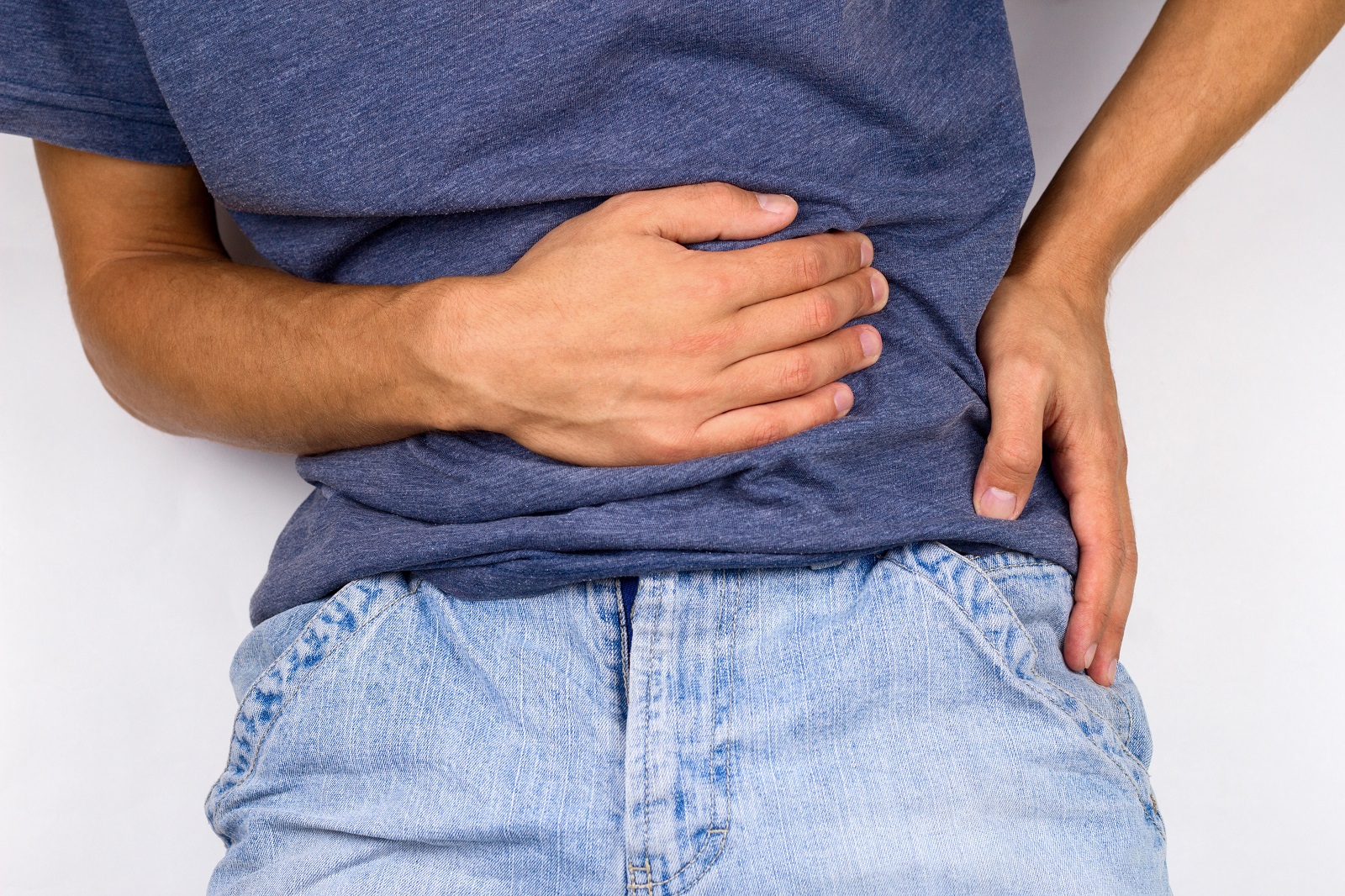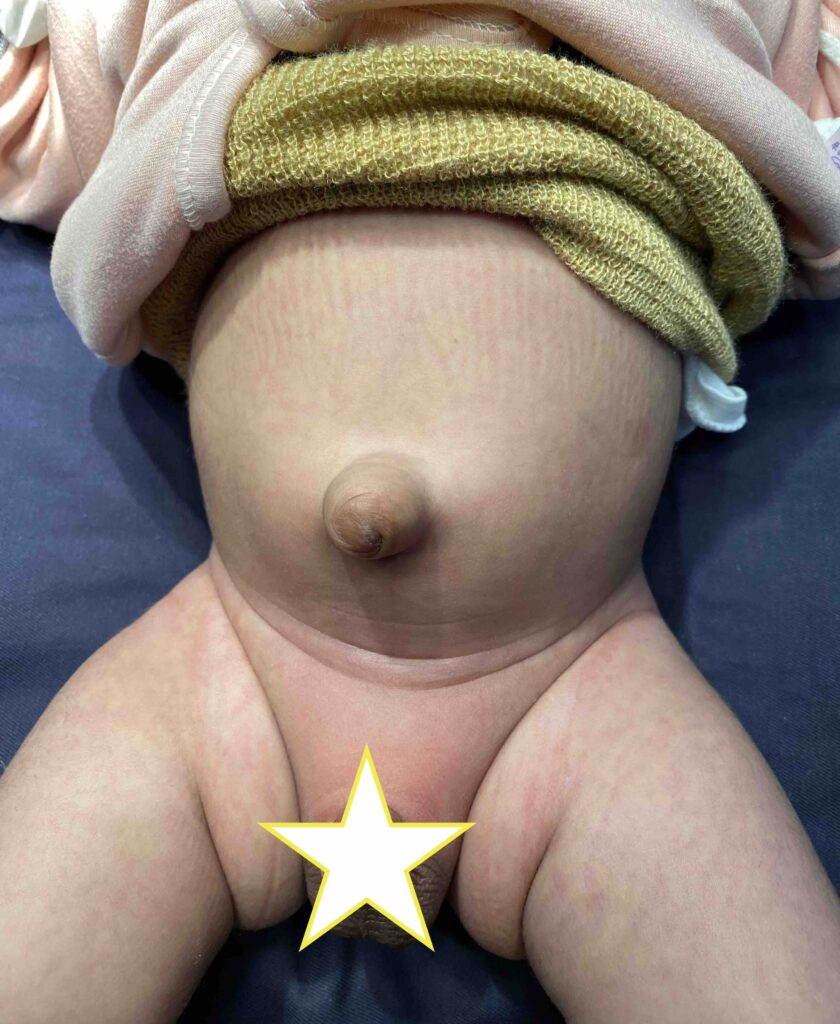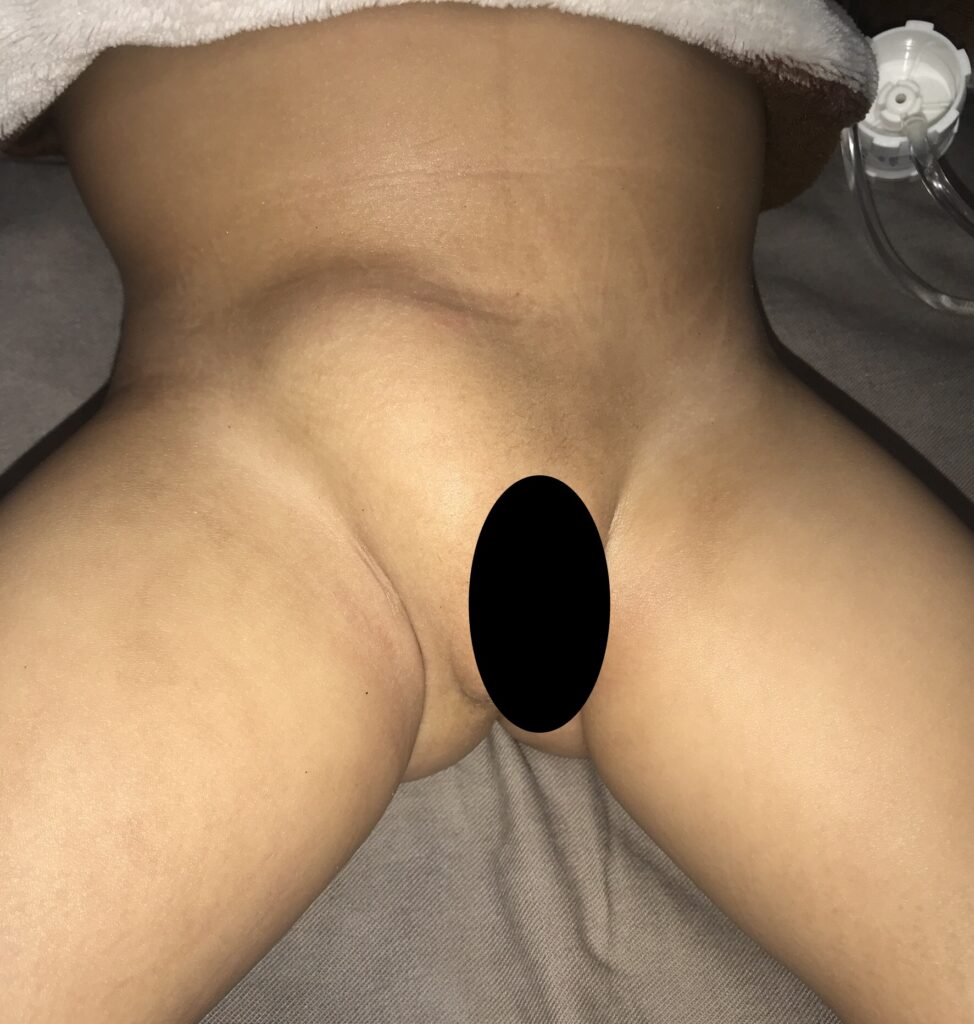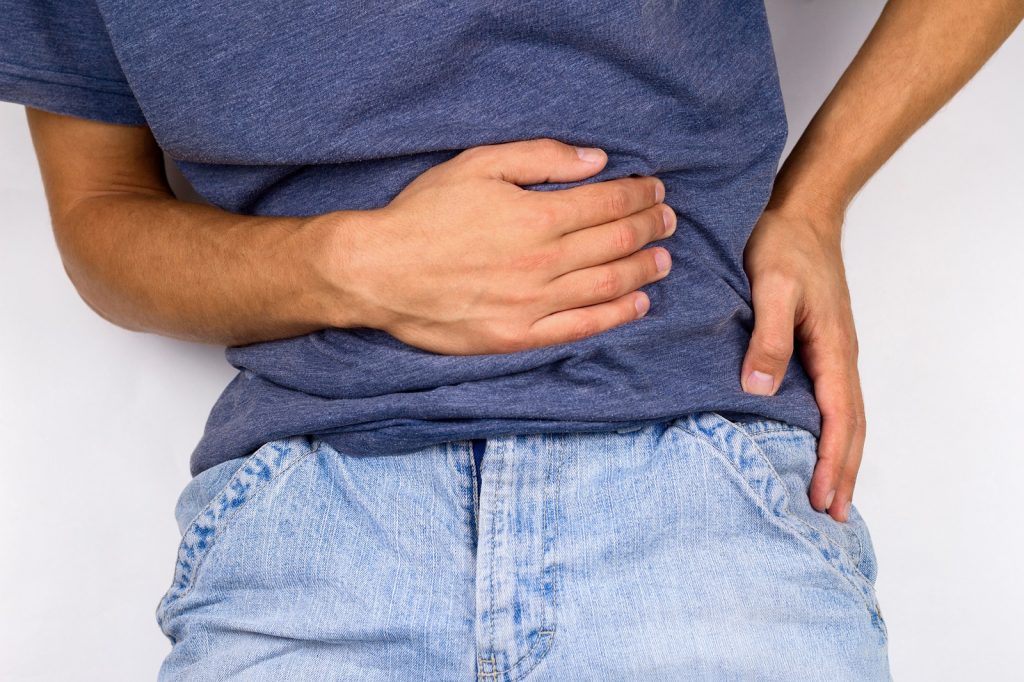
10 Signs of Hernia You Shouldn’t Ignore
Hernias are very common and can be caused by injury, obesity, pregnancy, or an underlying condition. They happen when internal organs push through a weak part of the abdomen’s muscle wall.
If left untreated, these hernias can cause complications like infections or bowel obstructions. Symptoms of hernia can include pain in the abdomen or groin area, nausea, vomiting, constipation, urinary symptoms, back pain, and/or dizziness. If you experience any of these symptoms it is important to seek medical attention immediately.
Introduction
A hernia is basically an injury in your abdomen that causes your internal organs to push through a weak part of the muscle wall. A hernia can be caused by obesity, pregnancy, or an underlying condition. There are different types of hernias, but they all have the same symptoms. The most common symptom is pain in the lower abdomen or groin area. Other symptoms include nausea, vomiting, constipation, urinary symptoms, back pain and/or dizziness. If you experience any of these symptoms it is important to seek medical attention immediately for appropriate treatment
10 Alarming Signs of Hernia You Shouldn’t Ignore
Severe pain in the groin or abdominal areas
Sometimes, a hernia can be asymptomatic and will not produce any discomfort or pain. If you do experience pain, it could be severe and localized to the groin or abdominal areas. This is a sign that your body might have an internal injury.
Pain when lifting heavy objects
One of the most common signs of a hernia is pain when lifting heavy objects. For example, if you feel extreme pain when picking up large items, like grocery bags or suitcases, then this may be related to a hernia.
Feeling of heaviness in the stomach area
One of the signs of hernias is feeling heaviness in the stomach area. This heaviness could be felt when sitting, standing or bending over.
Scratching or pinching sensation when you move around
One of the most common signs that you may be suffering from a hernia is a scratching or pinching sensation when you move around. This sensation might only happen in certain positions, such as when you bend over to put on your socks.
Lump around your belly button
A doctor may feel a lump around your belly button when they examine you. This is a sign that the hernia may have doubled in size or has been there for a while.

Swelling in your groin, scrotum, or labia
It is possible that hernias can cause swelling in your groin, scrotum, or labia. If you notice swelling in the area and it is accompanied by pain and difficulty with passing gas or bowel movements, you may want to consider seeing a doctor.

Tenderness when pressing on your abdomen
The most common sign of a hernia is pain when pressing on the abdomen. This can be felt both in and around your groin area, and is called a groin hernia. This is also one of the most common types of hernias and it typically occurs in men who have enlarged prostates or who have suffered trauma to the area.
Bulging or thickening in certain parts of the stomach
One of the most common signs of hernia is a bulge or thickening in certain parts of your stomach. This may not be as painful as other symptoms, but it’s still worth mentioning. It can also happen that you experience a lump in one area or side of your abdomen.
Lump below the rib cage
A hernia will sometimes cause a lump below the rib cage. This is because the herniated tissue has created a bulge in the abdominal cavity.
Some people may experience pain or discomfort when they touch the area where the hernia is located.
People who have had surgery for other conditions are more likely to develop a hernia later on, as are those who have the previous history of hernias.
A hernia should be fixed as soon as possible to avoid complications that could lead to more serious health problems.
If you suspect that you may have a hernia, consult your doctor.
Painless lump in your groin.
A painless lump in your groin is a common sign of a hernia. The lump can be found when you press in the abdominal area and it usually goes away when the pressure is released.
What Is A Hernia?
A hernia is a painful bulge in the abdomen’s muscle wall. It usually occurs when an internal organ, such as the bowel, pushes through a weak part of the abdominal muscle wall. If not treated, a hernia can cause complications like infections or bowel obstruction.
Symptoms of a hernia can include pain in the abdomen or groin area, nausea, vomiting, constipation, urinary symptoms, back pain and/or dizziness. These symptoms may be more pronounced with physical activity and worsen when coughing or sneezing.
If you experience any of these symptoms it is important to seek medical attention immediately.
What Causes A Hernia?
There are a variety of factors that may cause a hernia, such as injury, obesity, pregnancy, or underlying conditions. When an internal organ pushes through a weak area of the abdominal muscle wall, it is called a hernia. If left untreated, this can lead to complications like infection or bowel obstructions.
Who’s At Risk for Developing A Hernia?
Anyone can develop a hernia. However, some people are more at risk than others. The risk is increased by obesity, chronic coughing, or pregnancy. Men are more likely to experience this condition during their lifetime because of the greater distance between the urinary bladder and the skin.
Children & Elderly Should Take Extra Caution
Children and the elderly are at higher risk for developing hernias. Children’s abdominal muscles are weaker than adults, which puts them at a greater risk for hernias. Elderly people are more likely to experience weakened abdominal muscles. Additionally, the elderly may be more likely to experience constipation or chronic bowel obstruction which also can lead to hernia. Adults who suffer from severe chronic constipation or other bowel issues should take extra precautions to prevent hernias.
How Can I Prevent A Hernia?
Fortunately, the most common type of hernia can be prevented by following a few simple steps:
- Maintain a healthy weight
- Maintain a healthy diet
- Avoid heavy lifting and straining
- Don’t smoke
- Exercise regularly to strengthen the muscles in the abdomen area.
- As the muscles in your abdomen area get weaker, they can’t keep everything inside. To help prevent this, exercise regularly to strengthen the muscles in your abdomen area. You can also wear a support garment to limit strain on your abdominal wall.
- Lose weight if you are overweight. If you are overweight, losing weight may help prevent a hernia. This is because excess fat tissue can put pressure on your abdomen and create a weakness in the muscle wall.
Conclusion
Although it may not seem like a major issue, a hernia can become very difficult to live with if left untreated. Be sure to check the 10 signs of hernia that you shouldn’t ignore and follow the advice in this article to learn how to prevent a hernia from occurring.

